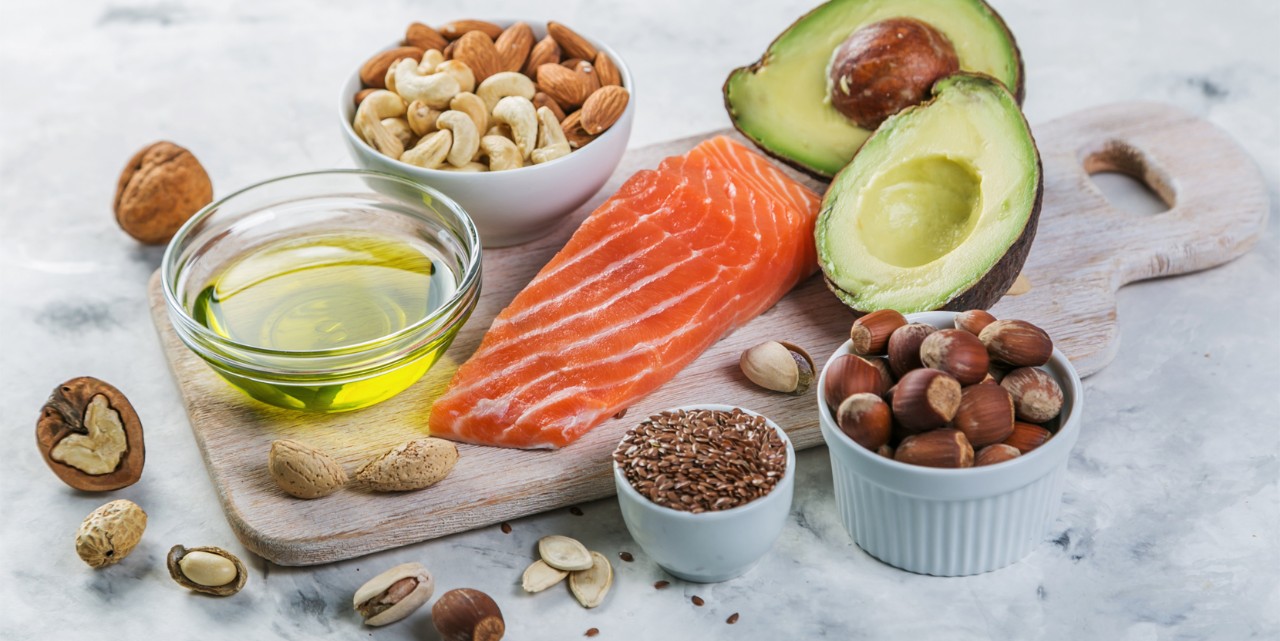Fasting: what you need to know
Fasting for a specific period of time has an incredible effect on the body. But if you want to give it a go, you have to be prepared. We explain what you need to know.

It may sound like a short-lived trend, but fasting has been around for centuries. So how does fasting work? One of the best-known methods is traditional therapeutic fasting. This is similar to a starvation diet (see infobox). With intermittent fasting, you abstain from solid food only for a certain period of time. The 16:8 method, for example, involves fasting for 16 hours and only eating within an eight-hour window each day. The 5:2 diet is also popular, where you eat normally for five days and reduce your calorie intake to a quarter of your daily needs for two.
Improved cell function, stronger immune system
Over the years, many researchers have investigated whether fasting is beneficial. It has been proven that voluntary fasting shocks the body in a positive way and triggers a series of biochemical reactions.
Current research results show that intermittent fasting, for example, could be an effective way to prevent type 2 diabetes. Studies with mice have also shown that alternate day fast, i.e. Fast one day and eating the next, can prolong the animals’ lives. What’s more, intermittent fasting trained the mice’s metabolism so effectively that even latent type 2 diabetes could be avoided.
Gently accustom the body to solid food
To get fasting off to a good start, it’s a good idea to avoid heavy and fatty food a few days before you’re due to begin and to eat mainly light foods. You musn’t drink alcohol or smoke during this phase. Emptying your bowels reduces the feeling of hunger. It also makes sense - especially for people with pre-existing conditions - to carry out the fasting cure under medical supervision.
Once you’ve finished fasting, your body has to slowly adapt to eating normally again. Light, low-fat foods such as vegetables and fruit are particularly suitable as a first meal. However, you should also stay away from sugar, fats, alcohol and caffeine during this phase, because your body needs time to adjust to solid food again.
With therapeutic fasting, your daily nutrient requirements are covered only by fluids containing minerals.
Example daily menu:
- Morning: herbal tea
- Lunch: vegetable or rice broth and water
- Afternoon: herbal tea and water
- Evening: Fruit and vegetable juice, water and herbal tea


